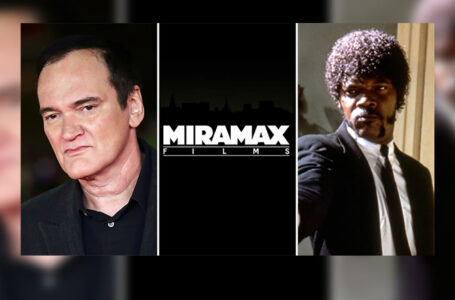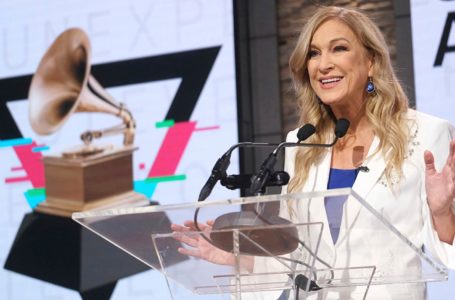Description:
Dr. Srini Pillay, assistant professor, Harvard Medical School
Spencer Freedman, Harvard University student and…
★ Representatives for the Estate of Michael Jackson:
- John Branca, co-executor for the Estate of Michael Jackson.
- Howard Weitzman, partner, Kinsella Weitzman Iser Kump & Aldisert.
- Bryan Freedman, partner, Freedman & Taitelman.
Question and answer session on the Issue…
Trial By Media: Guilty Until Proven Innocent.
Co-sponsored by the Harvard Institute of Politics, the session was held April 16, 2019 at Charles Hotel in Cambridge, Mass. Information may be questionable… Compliments of the Internet.
Transcript:
Dr. Srini Pillay:
Do you think that if you could shape the law, would you shape it so that online we could actually tag well-sourced information, medium-well source information, and poorly-sourced information and then use that information in your work?
Because it sounds like from the last, you know from yesterday, that a lot of, you know, things happen to people with really poorly sourced information.
Howard Weitzman:
You know what? Bryan had a great idea for an app.
Bryan Freedman:
I think, right, I mean we’re at Harvard. There’s brilliant Harvard students sitting here. One of them is definitely capable of creating an app that can go into somebody’s Twitter, go into their social media posts and determine: what’s truthful, what’s not? What’s fact-based, what’s not? It will need an incredible algorithm to figure out how to test what’s put on social media. So maybe it makes it to the second level.
But I do believe there’s still a responsibility on the media and corporate America to go further; to take a look at what’s real, to pause and listen to the other side of an issue. And if you’re only getting one side, if you’re only getting one story, that you have an obligation to seek the other side of the story and to put it out there and let the reader decide with full information and full facts.




